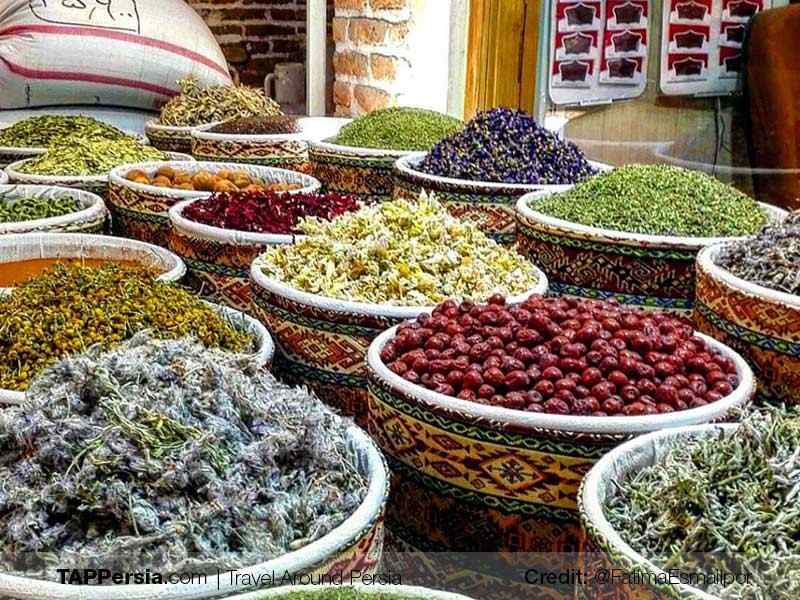 Iranians have long used traditional and natural remedies to cure all sort of illnesses. The tradition of herbal medicine goes back several thousand years and recently there has been a sudden growth in Attaris, shops selling medicinal or culinary plants and herbs.
Iranians have long used traditional and natural remedies to cure all sort of illnesses. The tradition of herbal medicine goes back several thousand years and recently there has been a sudden growth in Attaris, shops selling medicinal or culinary plants and herbs.
The Middle East is known as one of the most well practicing regions of herbal therapy.
Iran itself is home to over 8,000 native herbs and spices, 2,000 of which are linked to aromatic and medicinal uses. While in Western culture the use of herbs is considered an alternative treatment, in Iran traditional medicine still retains a prominent status. The use of herbal medicine is more common among older people, but recently is becoming more popular with young people. Perhaps this is due to the fact that nowadays people are more aware of the dangers of chemical drugs, and therefore they trust more herbal therapy.
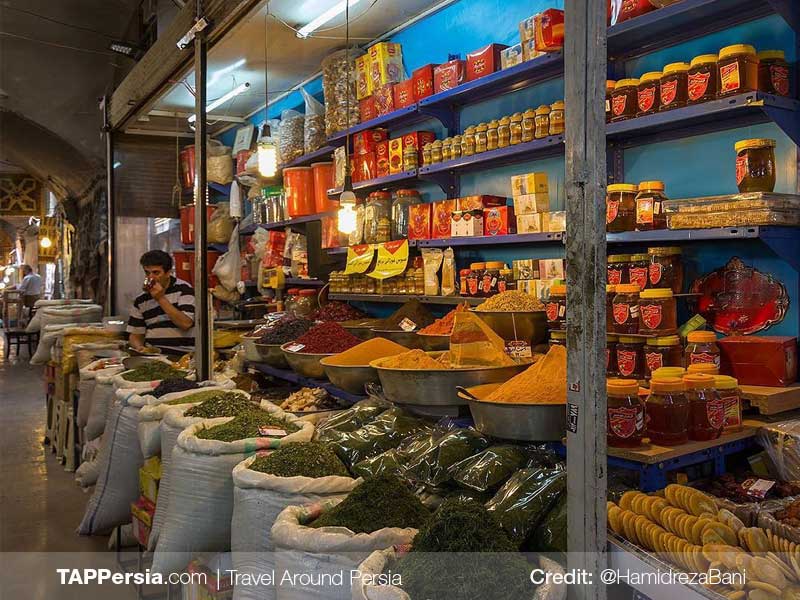 Herbal therapy is often used as an alternative treatment after the completion of proper medical examinations and diagnosis. In this treatment, herbs and spices are used, based on their properties, to eliminate the symptoms of the disease. Herbal medicine differs from synthesized medicine in so many aspects. First it takes longer than traditional medicine to take effect: while the results with chemical remedies is immediate, herbal remedies take a longer time and more constant usage in order to show their positive effects. Besides, herbal medicines have no side effects: if you take the wrong dosage or mix the wrong plants, there is usually no serious consequences, unlike chemical drugs which have many repercussions that could even be deadly.
Herbal therapy is often used as an alternative treatment after the completion of proper medical examinations and diagnosis. In this treatment, herbs and spices are used, based on their properties, to eliminate the symptoms of the disease. Herbal medicine differs from synthesized medicine in so many aspects. First it takes longer than traditional medicine to take effect: while the results with chemical remedies is immediate, herbal remedies take a longer time and more constant usage in order to show their positive effects. Besides, herbal medicines have no side effects: if you take the wrong dosage or mix the wrong plants, there is usually no serious consequences, unlike chemical drugs which have many repercussions that could even be deadly.
Most of the herbal remedies in Iran are produced domestically. In the past, herbal therapy was accessible for everyone and offered affordable merchandise. Today, however, the price of herbs and spices are rising, and less people can afford to use herbal medicine to cure their conditions. But, despite the increasing cost of herbal treatments, the demand for natural products is still increasing, especially among newer generations.
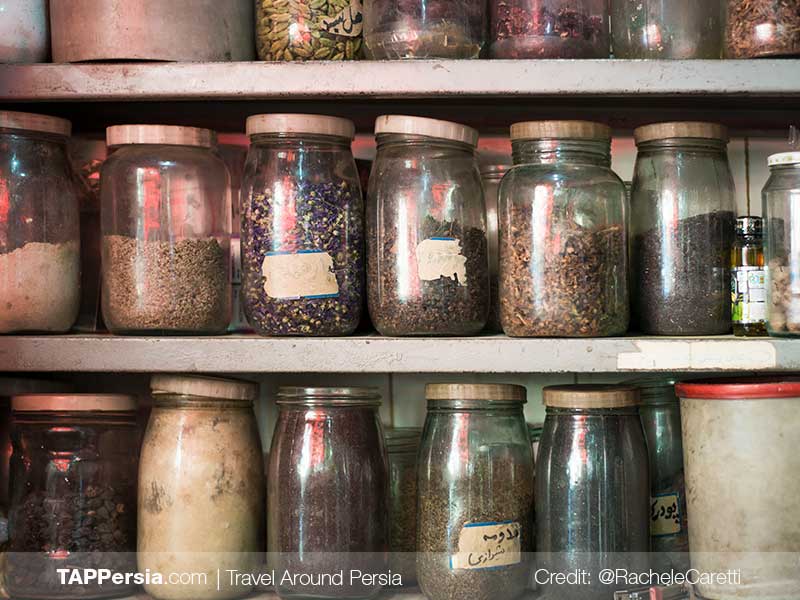 This trend can be seen in the sudden growth of Attaris all over the country. Attaris are traditional medicine shops that sell herbs, spices and plant extracts. In order to open such an store, people need to have an official certificate and extensive knowledge in the field. Top universities have specific faculties and courses dedicated to this traditional medicine. Attaris must not only learn about all the plants and their various properties but also about the different type of diseases and how to treat them. There are, for example, several types of coughs and a well respected Attari must know how to distinguish between one from the other and which type of herb is best to treat each one.
This trend can be seen in the sudden growth of Attaris all over the country. Attaris are traditional medicine shops that sell herbs, spices and plant extracts. In order to open such an store, people need to have an official certificate and extensive knowledge in the field. Top universities have specific faculties and courses dedicated to this traditional medicine. Attaris must not only learn about all the plants and their various properties but also about the different type of diseases and how to treat them. There are, for example, several types of coughs and a well respected Attari must know how to distinguish between one from the other and which type of herb is best to treat each one.
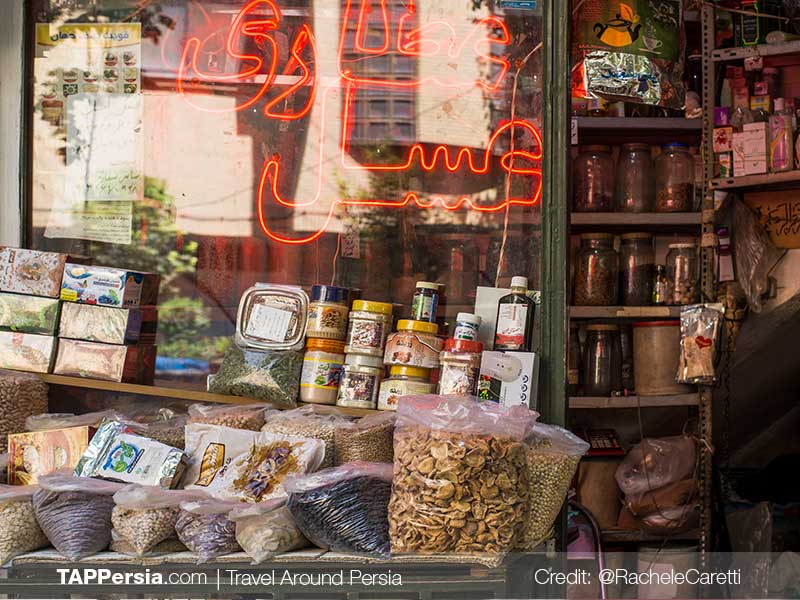 Attari’s gain their reputation and build their clientele around trust and time. The older the establishment, the more people trust it. In their shops, you can find over 40 kinds of herbs and plants that allow a safe and chemical -free recovery to most medical conditions such as colds, burns, headaches, allergies and insomnia. Some of the most common spices and herbs you can find in Attaris include : turmeric, curry powder, cinnamon, garlic, sumac, cumin, cardamom, cloves, dried rose petals, ginger, coriander, mint, dried lime, calendula, pomegranate seeds, sesame seeds, nigella seeds and basil seeds. Along with herbs and spices, other natural products commonly found in herbal shops are henna, argan oil, avocado oil, teas, ointments and rose waters.
Attari’s gain their reputation and build their clientele around trust and time. The older the establishment, the more people trust it. In their shops, you can find over 40 kinds of herbs and plants that allow a safe and chemical -free recovery to most medical conditions such as colds, burns, headaches, allergies and insomnia. Some of the most common spices and herbs you can find in Attaris include : turmeric, curry powder, cinnamon, garlic, sumac, cumin, cardamom, cloves, dried rose petals, ginger, coriander, mint, dried lime, calendula, pomegranate seeds, sesame seeds, nigella seeds and basil seeds. Along with herbs and spices, other natural products commonly found in herbal shops are henna, argan oil, avocado oil, teas, ointments and rose waters.
One of the most popular items an Attari sells are flixweed seeds and basil seeds because of their anti-inflammatory and antibacterial properties. These seeds have numerous other health benefits and are also good for weight loss, healthy skin, lowering stomach acidity and dental health.
Another favourite among Iranians are pomegranates which, in the past, were used mainly as disinfectants. Today, they have regained their popularity due to their antioxidant and antimicrobial properties. One of the best options for skin care is is calendula or marigolds which is used to a whole range of skin problems such as acne, eczema and rashes.
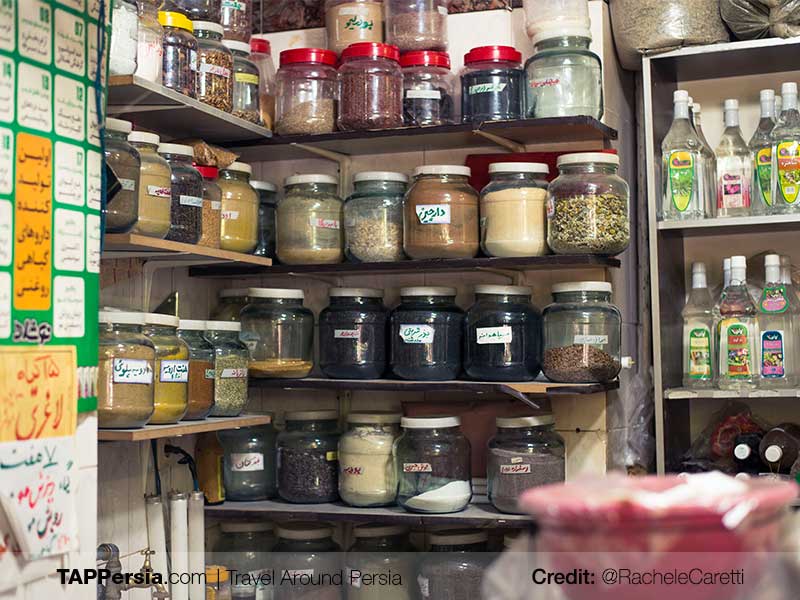 In addition to medicinal herbs, Iran is also home to several culinary herbs and spices like basil, saffron, barberry, thyme and lemon balm. In the past, those same herbs and spices were also used for medicinal purposes: basil and thyme for example are good digestive aids, while lemon
In addition to medicinal herbs, Iran is also home to several culinary herbs and spices like basil, saffron, barberry, thyme and lemon balm. In the past, those same herbs and spices were also used for medicinal purposes: basil and thyme for example are good digestive aids, while lemon
balms are believed to be a safe herbal sedative. Barberries were used to treat diarrhea, reduce fever, improve appetite, relieve upset stomachs, and promote vigor and a sense of well being. All of these herbs and spices are still used for medicinal purposes in Iran.

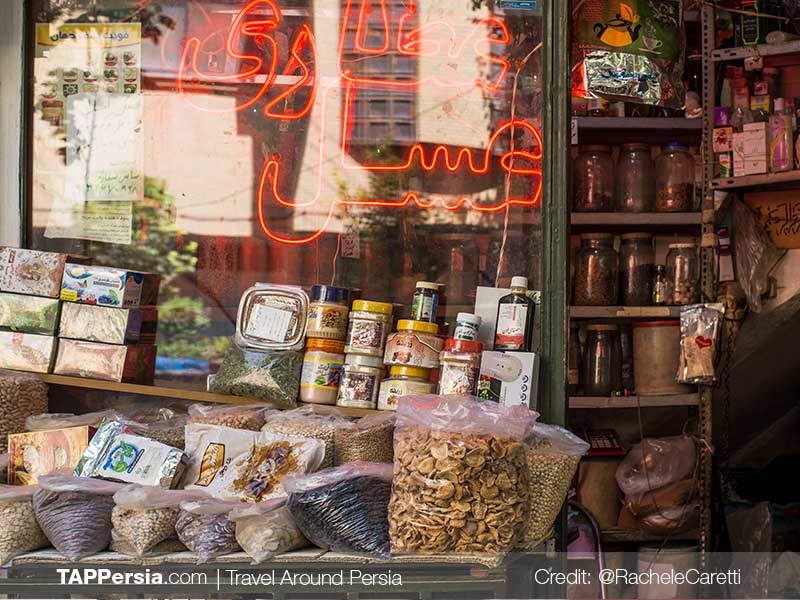
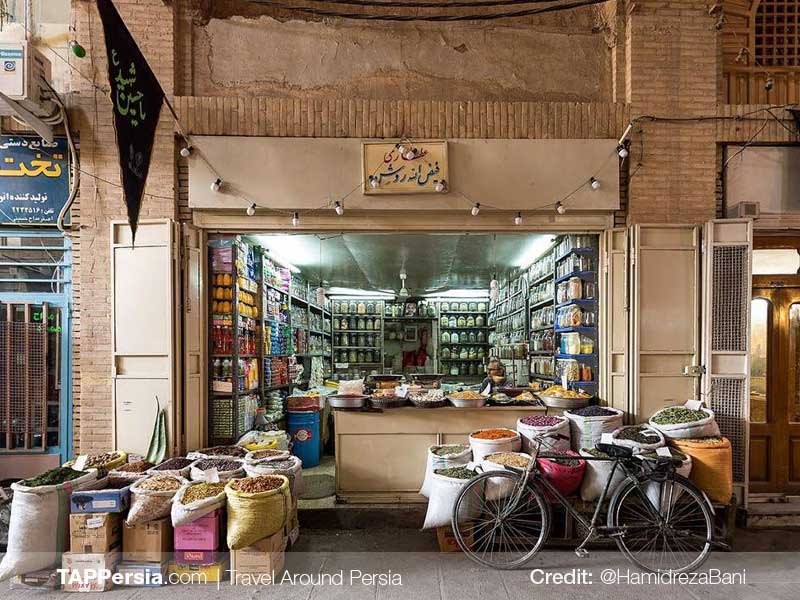
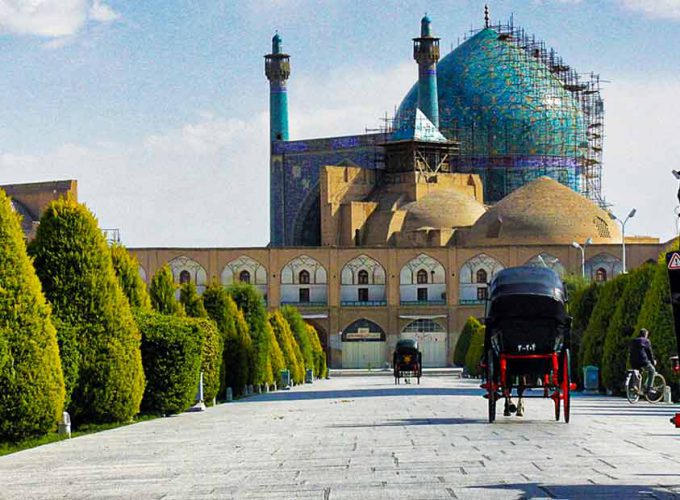
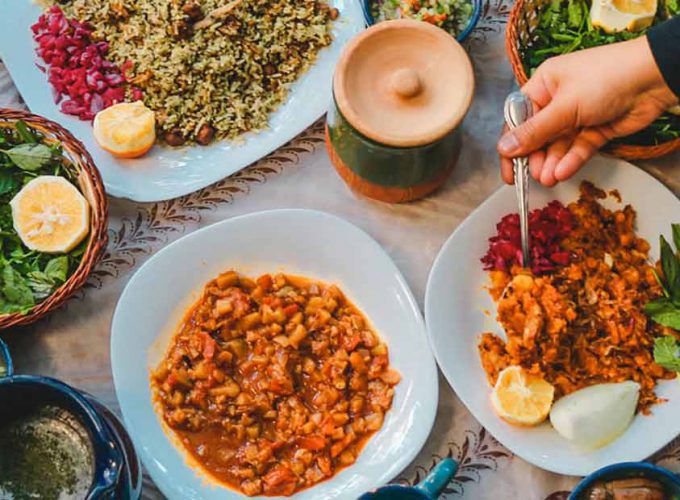
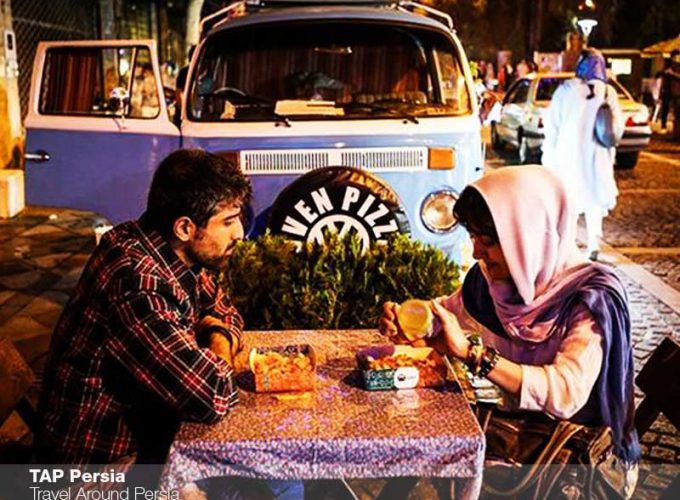
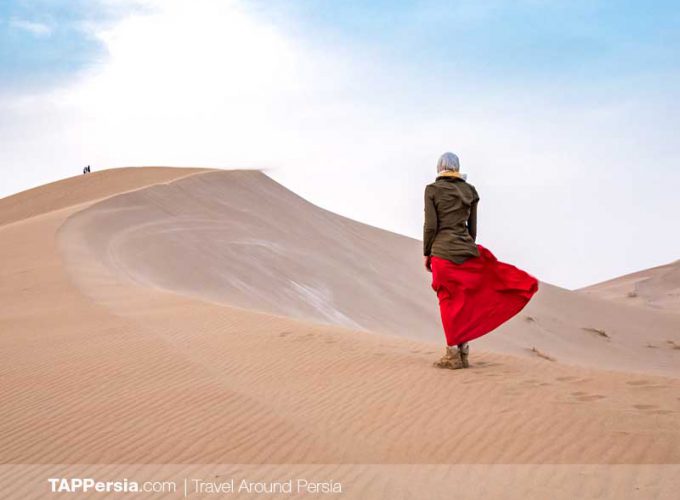
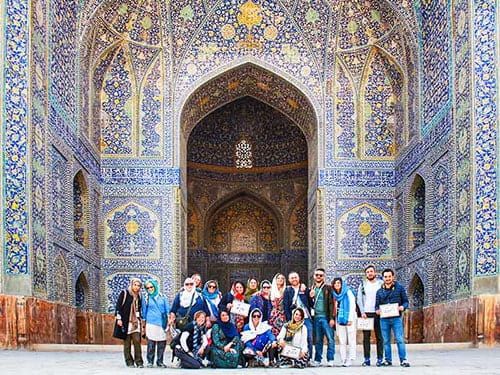

Comment (0)